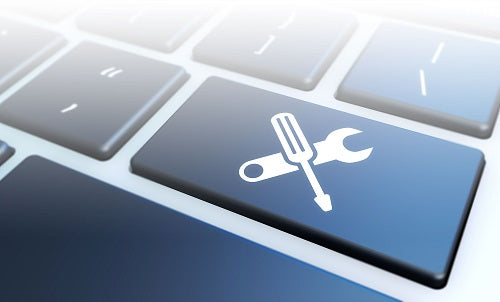No products found
Use fewer filters or remove all
Radio
How does a radio work?
A radio is a device that receives electromagnetic waves and converts them into audible sounds. It uses different frequencies to receive various stations. The conversion is done by a receiver that decodes the signals and transforms them into sound. Radios can be both analog and digital, with digital radios often offering better sound quality and additional features. If you want to listen to music, news, or other programs, a radio is a practical solution.
What types of radios are there?
There are different types of radios, including FM radios, DAB radios, and internet radios. FM radios receive analog signals, while DAB radios use digital transmissions that offer better sound quality. Internet radios, on the other hand, stream content over the internet and allow access to a variety of stations worldwide. Depending on your needs and preferences, you can select the appropriate radio.
How do I choose the right radio?
When choosing a radio, you should consider various factors such as the type of reception, sound quality, and user-friendliness. Consider whether you prefer a portable model or a stationary radio. Also pay attention to additional features such as Bluetooth connectivity, alarm functions, or the ability to use streaming services. Good research helps you find the radio that best suits your requirements.
What should I consider during installation?
Installing a radio is usually straightforward. Make sure the device is placed in a suitable location to ensure the best reception. For portable radios, you should charge the batteries or the battery pack. For stationary devices, it is important to properly align the antenna to minimize interference. Good placement and proper handling ensure an optimal listening experience.
- FM and DAB reception for various stations
- Portable models for on the go
- Internet radio for a variety of streaming options
How can I make the most of my radio?
To make the most of your radio, you should familiarize yourself with the various functions. Use the option to save stations to quickly access your favorites. Experiment with the sound and tone settings to improve the listening experience. If your radio has internet access, explore the different streaming services and podcasts available to you.
How does a digital radio differ from an analog one?
The main difference between digital and analog radios lies in the type of signal transmission. Digital radios receive signals in digital form, which leads to better sound quality and less interference. Analog radios, on the other hand, receive signals in analog form, which can cause noise and interference. Digital radios often offer additional features such as program information and a larger selection of stations, making them an attractive option.
What technical requirements should my radio meet?
The technical requirements for a radio depend on the type of radio. For a simple FM radio, no special requirements are necessary. For digital radios, you should ensure that your device supports DAB or DAB+. If you want to use an internet radio, you need a stable internet connection. Check the specifications of the radio to make sure it meets your needs.














